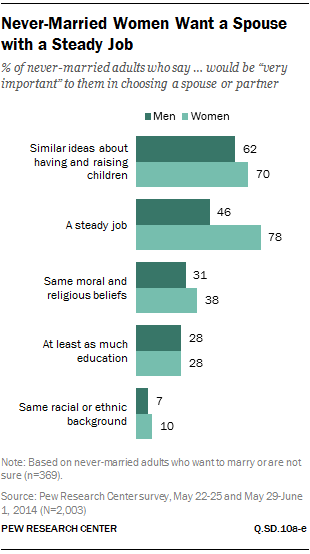While I disagree with the title of a recent Huffington Post article proclaiming that “Everything is Different Now” in parenting, I do agree that many things have changed.
• A higher level of parent involvement is required for academic success.
In the old days, the primary educational duties for parents were reading to your kid and making sure they got into a good school. There was a high level of trust and respect for external authorities -you assumed that teachers and principals knew best and operated with the best interest of your son or daughter in mind.
With sophisticated Internet “research” projects assigned in elementary grades and developmentally inappropriate organizational skills required in middle school, the student whose parents don’t step in to offer hands-on guidance may easily be left behind academically.
• A college degree offers diminished opportunity for a secure middle-class life.
In the old days, if your kid got into college they could probably find a job. These days it’s not just about grades, SAT scores, and college admissions-the level of young adult underemployment and debt suggests that bargain is broken.
• Children are more sheltered and given less freedom to learn independence.
… there is a lot less unsupervised play and less unstructured summer roaming. Given rational safety concerns, most kids are more sheltered and scheduled and less like to explore and learn independence….
I disagree that this trend has been driven by “rational” concerns, unless he means the concerns that parents will run into trouble with CPS.
• Learning options have expanded.
… There has been a linear increase in formal education options and an exponential explosion of informal learning options.
• Higher education costs have exploded.
… The bad news is that most post-secondary education is more expensive than ever. The good news is that there are more options….
The message of the documentary film Most Likely to Succeed is that these and other changes cry out for “another transformation” in education.
“What I find shocking is that schools aren’t preparing our kids for life in the 21st Century. Surrounded by innovation, our education system is stuck in the 19th Century,” said Ted Dintersmith, producer of Most Likely to Succeed. “The skills and capabilities our kids need going forward are either ignored or outright trampled.” Ted’s movie outlines the broken bargain of a traditional college prep education and employability.
Dintersmith criticizes that students have to learn “regurgitated facts” and take traditional tests like the SAT. He offers alternatives.
Invent a science experiment, write a creative essay, come up with an interesting historical perspective on an event they care about.
But facts are important.
The point that Dintersmith and others seems to miss is that facts serve as the basis for innovative scientific experiments and knowledgeable historical perspectives. This inconvenient truth is at the core of the trouble with many education reforms.
Students need a broad base of knowledge before they can become critical thinkers.
Indeed, evidence from cognitive science challenges the notion that skills can exist independent of factual knowledge. Dan Willingham, a professor of psychology at the University of Virginia, is a leading expert on how students learn. “Data from the last thirty years leads to a conclusion that is not scientifically challengeable: thinking well requires knowing facts, and that’s true not only because you need something to think about,” Willingham has written. “The very processes that teachers care about most — critical thinking processes such as reasoning and problem solving — are intimately intertwined with factual knowledge that is stored in long-term memory (not just found in the environment).”
———
Tom Vander Ark, “Everything is Different Now: Parenting for Powerful Learning”, Huffington Post, March 25, 2015.
Tom Vander Ark, “Most Likely To Succeed: A Film About What School Could Be”, Education Week, March 6, 2015.



